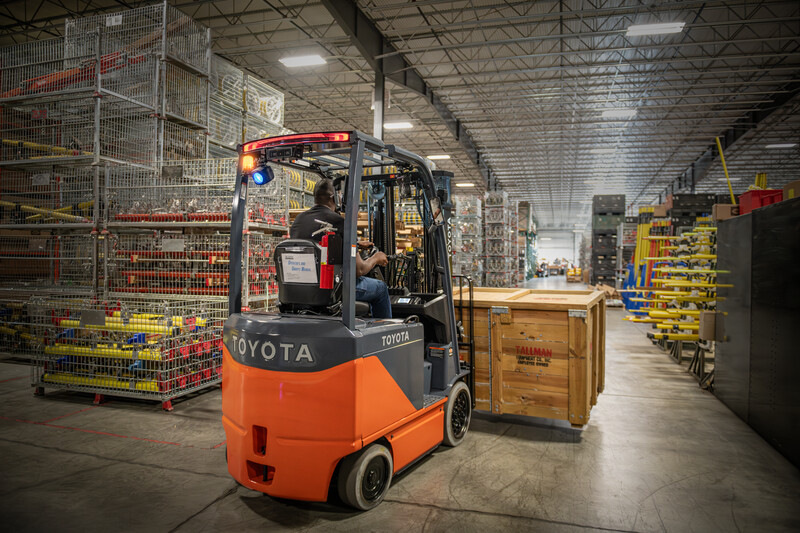Forklifts are essential tools in warehouses, distribution centers, and manufacturing facilities—but when they’re not used properly, they can quickly become serious safety hazards. That’s why forklift operator training isn’t just a requirement—it’s a critical investment in your team’s safety, productivity, and long-term success.
In this blog, we’ll explore why proper forklift training matters, what it should include, and how you can ensure your team stays compliant and confident behind the wheel.
Why Forklift Operator Training Matters
Every year, thousands of forklift-related accidents occur in the workplace, many of which are preventable. From collisions and tip-overs to pedestrian injuries and product damage, the risks are high when an operator isn’t properly trained.
Proper training helps:
- Reduce workplace accidents and injuries
- Prevent costly equipment and inventory damage
- Improve operational efficiency
- Keep your business compliant with OSHA standards
What Proper Forklift Training Should Include
1. Classroom Instruction
Operators must understand the fundamentals of forklift operation, including:
- Equipment types and capabilities
- Load handling and weight distribution
- Stability triangle principles
- Safety rules and hazard awareness
- OSHA regulations and employer policies
This portion can be completed in person or online, but it must be comprehensive and tailored to the specific equipment used at your facility.
2. Hands-On Training
Practical, real-world instruction is where operators learn to:
- Inspect the forklift before use
- Start, stop, and steer safely
- Navigate tight spaces and loading areas
- Pick up, move, and stack loads correctly
- Operate on ramps or inclines
Hands-on training should take place in the same environment where the operator will work, using the actual equipment they’ll be responsible for.
3. Evaluation and Certification
Once training is complete, operators must be evaluated by a certified trainer. This evaluation typically includes a written test and an on-site skills assessment. Upon successful completion, operators should receive documentation or certification valid for three years, as required by OSHA.
Refresher Training: Not Just a One-Time Requirement
Even experienced operators need to stay sharp. Refresher training is required:
- Every 3 years
- After an accident or near-miss
- When unsafe operation is observed
- If operating a different type of forklift
- After changes to the workplace that affect safe operation
Regular training keeps safety top of mind and reinforces best practices across your team.
Building a Safety-First Culture
Proper forklift operator training isn’t just about checking a compliance box—it’s about creating a workplace where safety is part of the culture. When operators feel confident and well-prepared, they’re more likely to follow protocols, avoid risky behavior, and contribute to a more efficient and productive operation.
Need Help with Forklift Operator Training?
Whether you’re onboarding new team members or scheduling refresher courses, we can connect you with certified forklift training solutions tailored to your facility, equipment, and team size.
Contact us today to schedule on-site or classroom training and keep your operation running safely and smoothly.
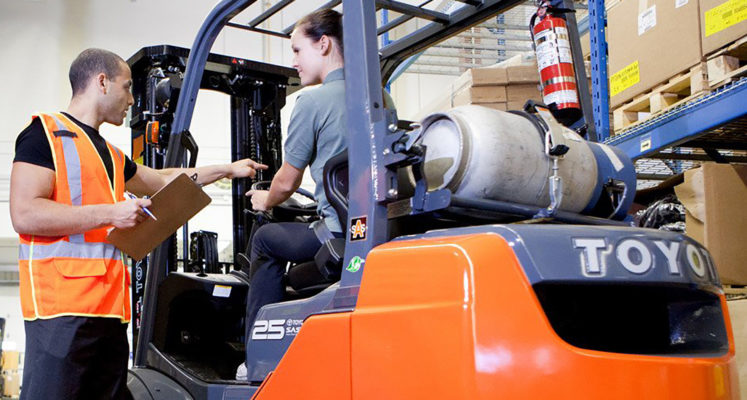

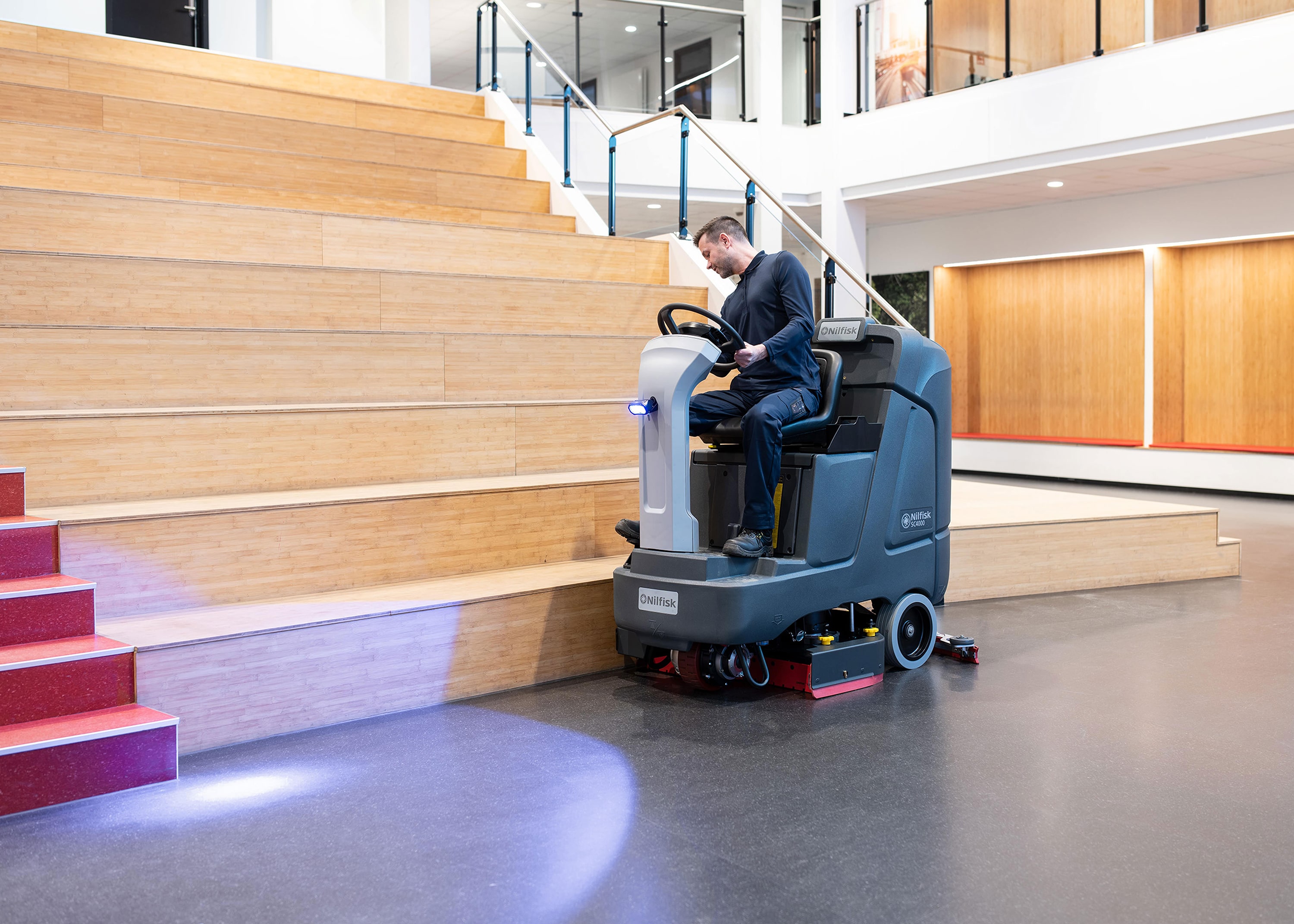

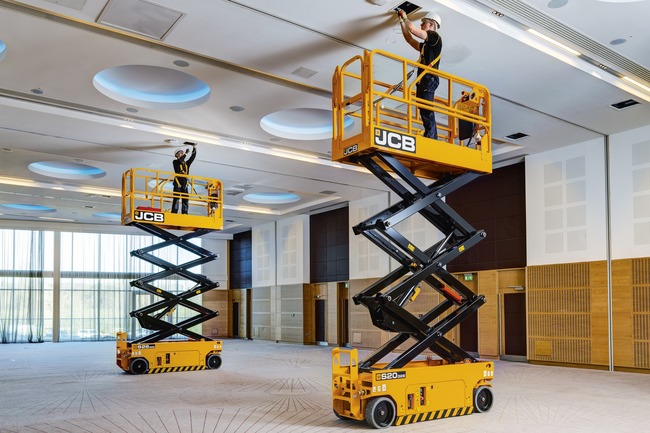
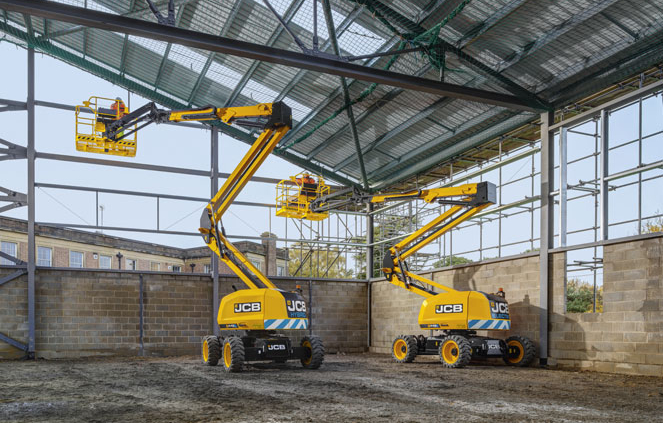
 Moderate
Moderate None
None